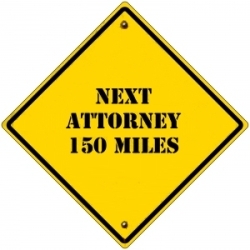Walker Leads Barrett by Six Points in New Poll Results
Gov. Scott Walker has opened a lead over Milwaukee Mayor Tom Barrett of six percentage points among likely voters in the June 5 recall election, according to results of the Marquette Law School Poll released Wednesday. The Republican incumbent was the choice of 50% of those in the poll, while the Democratic challenger was the choice of 44%.
In results released by the Law School two weeks ago, Walker held a one point edge over Barrett. But the new results are within the margin of error for the poll. Professor Charles Franklin, director of the poll, said in releasing the results that the race remains close enough that either candidate could win in the end.
Awareness of the candidates for lieutenant governor, Republican incumbent Rebecca Kleefisch and Democrat Mahlon Mitchell, is much lower than that for Walker and Barrett, but the results at this point are very similar, with Kleefisch ahead by six points. The June 5 ballot includes separate voting for governor and lieutenant governor.
Opinion in the presidential race in Wisconsin also has shifted toward the Republican candidate in recent weeks, the poll found. Former Massachusetts Governor Mitt Romney and President Barack Obama, the Democratic incumbent, were tied at 46% each among likely voters in the new round of the year-long Law School polling project. In results in January through April, Obama led Romney. In addition, results when people were asked if they had favorable or unfavorable opinions of the candidates improved for Romney and declined for Obama between the April round of polling and the new polling, which was conducted last week.
Complete results, including data on every question asked, can be found by clicking here.


